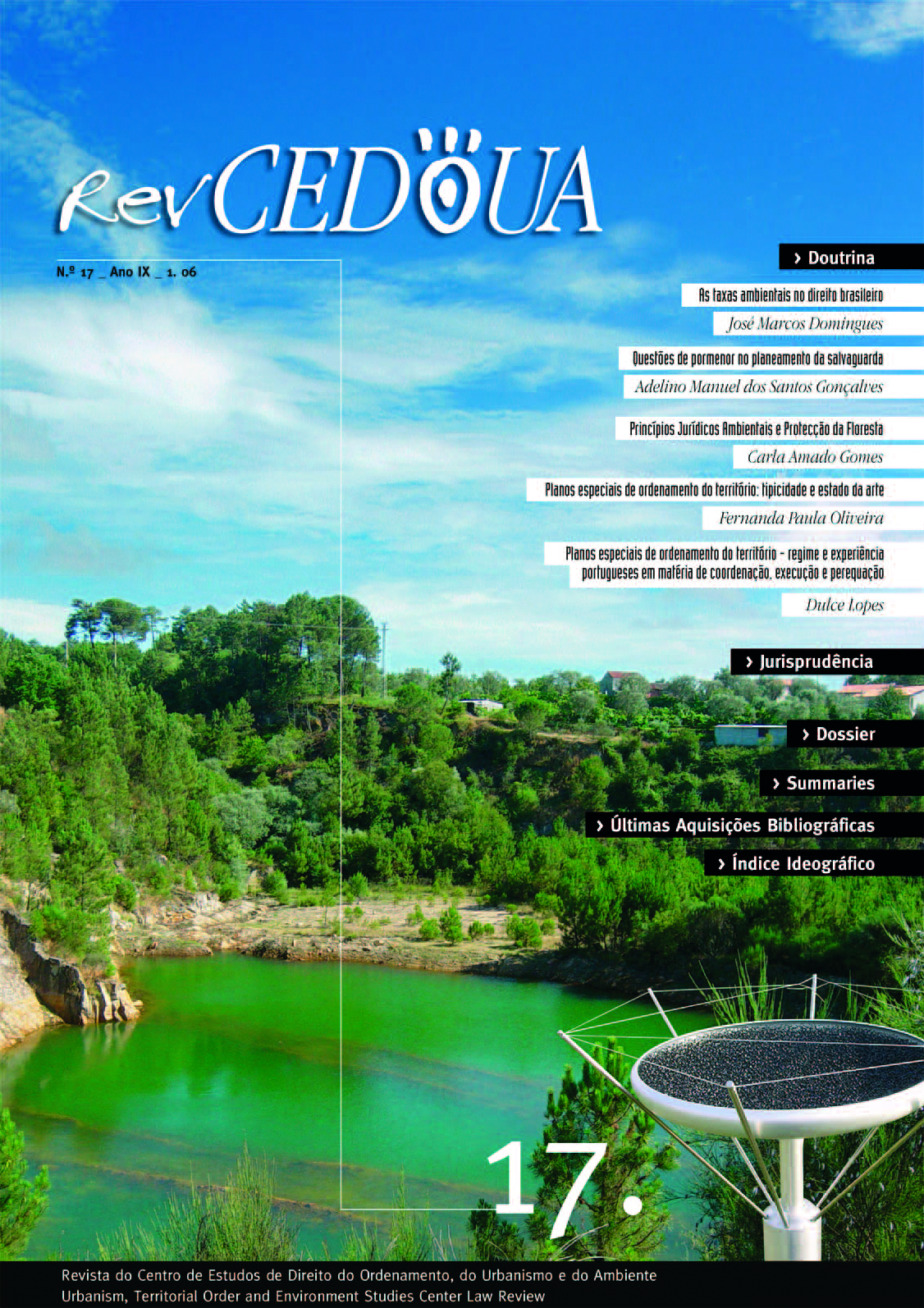Environmental Fees in Brazilian Law
DOI:
https://doi.org/10.14195/2182-2387_17_1Abstract
After briefly presenting the basic concepts of environmental protection and the “polluter-pays” principle in connection with the characteristics and merits of taxation as an instrument capable of achieving that objective, the article focuses on public service fees, especially environmental fees, as a means of generating revenue to finance environmental enforcement services, while paying attention to the proportionality control of this type of tax.
The paper addresses the main features of fees within the Brazilian tax system and their respective principles and limits, giving special consideration to the division of administrative (including environmental) and tax powers in the country’s unique tripartite federation (Union, States, and Municipalities), which justifies the Constitution’s requirement for complementary laws aimed at resolving potential conflicts of competence among the political entities.
Finally, the essay presents the author’s critical perspective on the environmental fees currently in force in Brazil, paying particular attention to the federal environmental control and enforcement fee and the constitutional issues it has raised before the Supreme Court, some of which are still awaiting judgment through direct actions of unconstitutionality.
Downloads
Downloads
Published
Issue
Section
License
Copyright (c) 2006 José Marcos Domingues

This work is licensed under a Creative Commons Attribution 4.0 International License.
Authors retain copyright and grant the journal right of first publication with the work simultaneously licensed under a Creative Commons Attribution License that allows sharing the work with recognition of authorship and initial publication in Antropologia Portuguesa journal.



